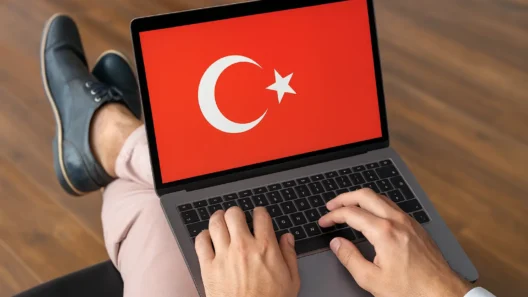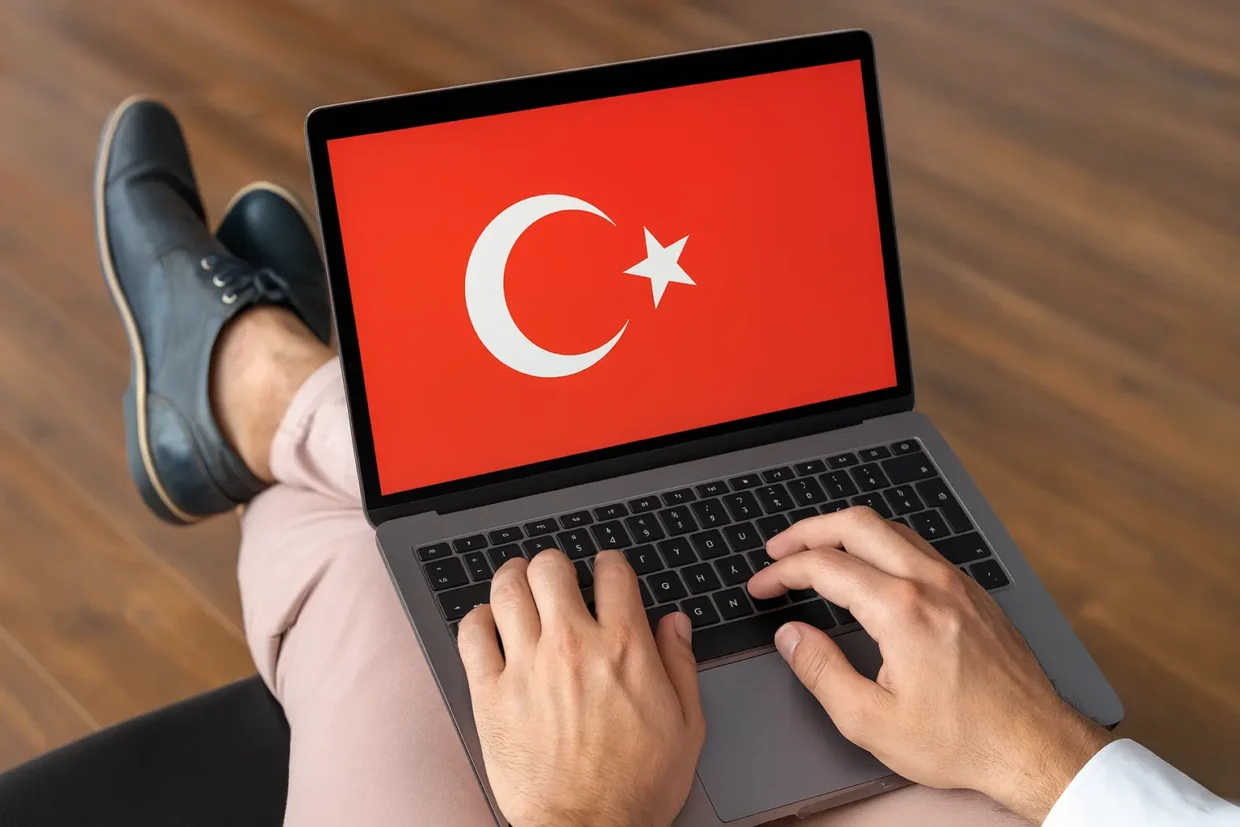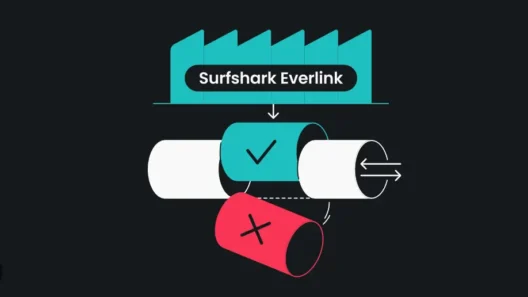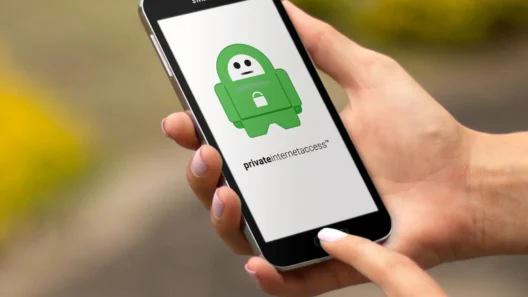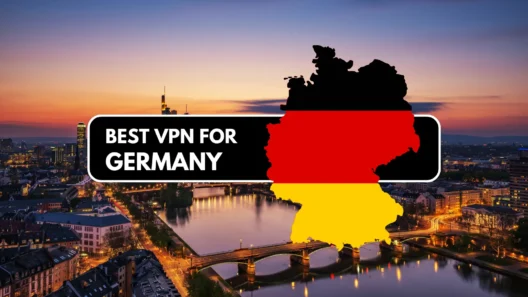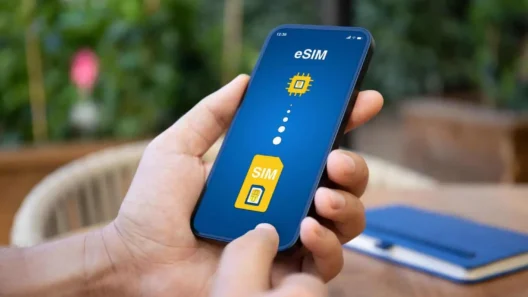Turkey is a country full of contrasts—and that definitely applies to the internet. My first time working remotely from Istanbul, I grabbed a coffee, logged onto the local WiFi, and suddenly realized: what works back home often just… disappears. You open WhatsApp, but calls don’t go through. Instagram or X (Twitter) suddenly fail to load, and some news sites are just blocked entirely.
Welcome to the digital side of Turkey—where, without a reliable paid VPN, you’re never really in control of your online life.
Quick Comparison: Best Paid VPNs for Turkey
| VPN | Key Advantage in Turkey | Price/Month |
|---|---|---|
| NordVPN | Robust encryption, bypasses most blocks, fast for streaming | from $3.29 |
| ExpressVPN | Reliable for social media and work apps, RAM-only servers, strict no-logs | from $3.49 |
| Surfshark | Unlimited devices, perfect for families & teams, stable streaming | from $1.99 |
| CyberGhost | Streaming-optimized servers, Turkish interface, easy setup | from $2.19 |
| Proton VPN | Best-in-class privacy, strong free plan, but paid is worth it | from $4.99 |
Quick Answer:
- The best VPNs for Turkey are NordVPN, ExpressVPN, and Surfshark.
- They all reliably unblock global streaming, social media, and messaging—even when the government steps in.
- Free VPNs often fail or even put your privacy at risk. Paid VPNs are stable, fast, and secure.
| Best VPN for Turkey | Offer + Discount | URL |
|---|---|---|
| NordVPN | 77% off + 3 months free | Try NordVPN |
| ExpressVPN | 61% off + 6 months free | Try ExpressVPN |
| SurfShark | 87% off + 2 months free | Try SurfShark |
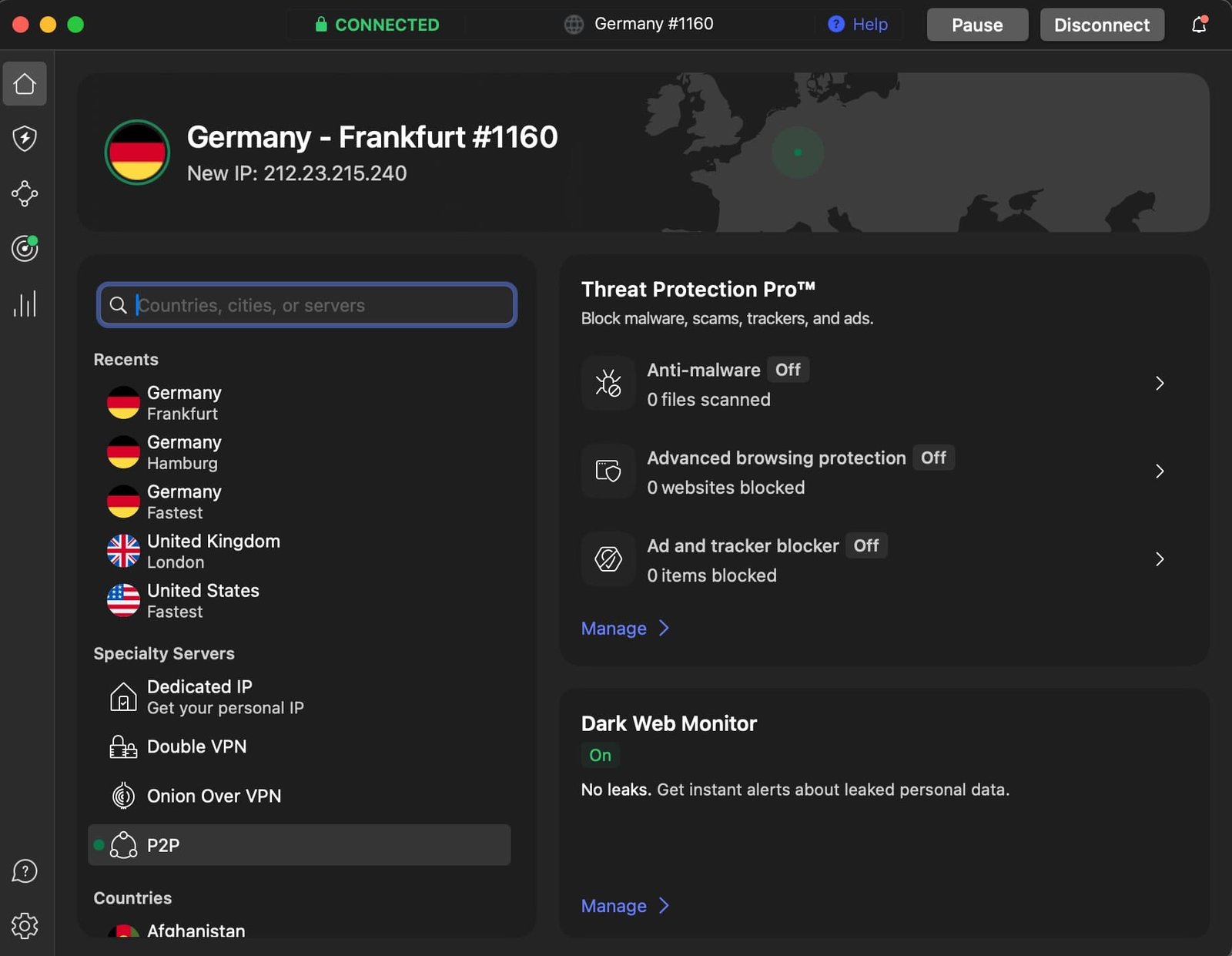
1. Censorship in Turkey: The Everyday Reality
If you stay in Turkey for a week, you might get lucky. But if you plan to live, work, or travel here for longer, censorship is not just a rumor—it’s a fact. The Turkish government is well known for blocking dozens of sites and apps, especially during political events or public unrest.
Recent years saw X (Twitter), YouTube, WhatsApp calls, and even major news outlets like CNN or BBC suddenly inaccessible—sometimes for days.
Internet providers like Turk Telekom, Turkcell, Vodafone TR, and Superonline implement these restrictions at the DNS level, so you can’t just “change browsers” to get around them.
If you rely on free VPNs, most are already blacklisted, painfully slow, or can’t even connect. Only paid VPNs with obfuscated servers and advanced tech reliably cut through the blocks.
2. The Hidden Dangers of Free VPNs in Turkey
Let’s be honest: everyone tries a free VPN first. I did too. Here’s what happened:
- Most free VPNs couldn’t connect to a server anywhere near Turkey, let alone unblock YouTube or WhatsApp.
- Streaming? Forget about it. Lag, buffering, “proxy error” pop-ups—until I gave up.
- Many “free” services log and sell your data (there have been real leaks in Turkey reported by Hurriyet Daily News), and some apps are downright dangerous.
As soon as I switched to a paid VPN, the difference was immediate: stable connection, fast speeds, and I could access all my work tools, banking, and news without a glitch.
3. What Gets Blocked in Turkey—and How Often VPNs Are a Lifesaver
Here’s what you can expect to be blocked or restricted at some point in Turkey:
- X (Twitter), YouTube, Facebook: Regularly blocked during protests, elections, or emergencies.
- WhatsApp & Telegram calls: Disabled in times of crisis, national holidays, or political events.
- International news sites: BBC, Deutsche Welle, France24, CNN, The Guardian—suddenly unavailable.
- Netflix & International Streaming: Turkish Netflix has a limited library. Many U.S. shows, movies, and content just aren’t available.
- VPN websites: Some VPN providers’ sites are also blocked; you need a VPN to even download the VPN app!
Real-life example:
During the 2024 elections, WhatsApp calls were restricted nationwide. While most people couldn’t contact their families, I was able to keep in touch with friends and colleagues thanks to NordVPN—no interruptions, no drama.
4. Work, Banking, Streaming & Security: Why Only Paid VPNs Work
Turkey is a huge destination for remote work and travel—but that comes with risks:
- Remote work: Without a VPN, platforms like Slack, Zoom, or even Google Drive can be blocked or slowed. Corporate VPNs sometimes struggle—paid personal VPNs save the day.
- Online banking: Banking apps may flag your connection as “suspicious” from Turkey, or even block access for security.
In 2024, a data breach at one of the major banks happened via unsecured hotel WiFi—paid VPNs prevent these risks. - Streaming video: Platforms like Netflix, Disney+, YouTube, or Spotify are partially restricted. With a paid VPN, you get your home content—plus peace of mind that nobody is snooping on your connection.
- Public WiFi: Most Turkish hotels, cafes, and airports have unsecured WiFi. ISPs are required to log all user activity and can hand it to authorities on demand. A VPN is your only shield.
5. Top Turkish Internet Providers—And Why You Need Protection
| Provider | Type | Avg. Speed |
|---|---|---|
| Turk Telekom | Fixed/Mobile | 93 Mbps |
| Turkcell | Mobile/LTE | 88 Mbps |
| Vodafone TR | Fixed/Mobile | 85 Mbps |
| Superonline | Fiber/Fixed | 102 Mbps |
Facts:
- All providers must legally log your internet activity for years.
- Public WiFi is everywhere—but rarely encrypted.
- ISPs routinely block sites and apps at the government’s request.
6. Paid VPN vs. Free VPN: What Do You Actually Get?
| Feature | Paid VPN | Free VPN |
|---|---|---|
| Speed | Fast, stable | Slow, unreliable |
| Turkish servers | Always available | Rarely, if ever |
| Streaming access | Consistent | Frequent errors |
| Data protection | Strong encryption | Usually weak |
| Logging policies | No logs | May log & sell data |
| Support | 24/7, all major languages | Almost none |
7. Real User Experiences (from Reddit, Trustpilot & International Reviews)
- “ExpressVPN let me work and stream in Istanbul with no interruptions—best decision I made this year.” (Reddit /r/Turkey)
- “During the 2024 social media blackout, Surfshark kept my family connected on WhatsApp and Zoom calls.” (Trustpilot)
- “NordVPN is a lifesaver for keeping up with news, working remotely, and streaming U.S. Netflix in Turkey.” (Reddit /r/VPN/)
8. Is a Paid VPN Worth It in Turkey? 100% Yes—Here’s Why
After living, working, and traveling in Turkey, I’ve learned this lesson: Free VPNs may get you through a day—but when the government blocks a social network, or your banking app locks you out, only a reputable paid VPN will save you.
Data privacy, streaming, remote work, and even keeping in touch with your loved ones all depend on having stable, encrypted, and reliable internet access.
I wouldn’t travel to Turkey without a solid paid VPN. It’s as essential as travel insurance—maybe more, since you’ll need it every single day.
My Final Tip
If you value your digital freedom, privacy, and sanity while in Turkey, invest in a reputable paid VPN before you go.You’ll skip the frustration, avoid government blocks, and know your data is truly safe—no matter where you connect.
Got your own VPN experience in Turkey? Drop a comment below—let’s help each other stay safe and connected!
Frequently Asked Questions: Paid VPNs in Turkey
Is it legal to use a paid VPN in Turkey?
Yes, using a VPN in Turkey is legal for most purposes. However, some VPN websites may be blocked, so it’s best to download and set up your VPN before arriving in the country.
Can I access Netflix, YouTube, and social media with a paid VPN in Turkey?
Absolutely. A paid VPN can reliably unblock international streaming platforms like Netflix, YouTube, and all major social media—even when they’re restricted or blocked.
Are free VPNs safe to use in Turkey?
Free VPNs are often unreliable and may put your privacy at risk. Many free services are blocked, too slow for streaming, or collect and sell your data. Paid VPNs offer much better security and stability.
How do I choose the best paid VPN for Turkey?
Look for a VPN with strong encryption, a no-logs policy, obfuscated servers, and reliable performance in Turkey. Top choices include NordVPN, ExpressVPN, and Surfshark.


